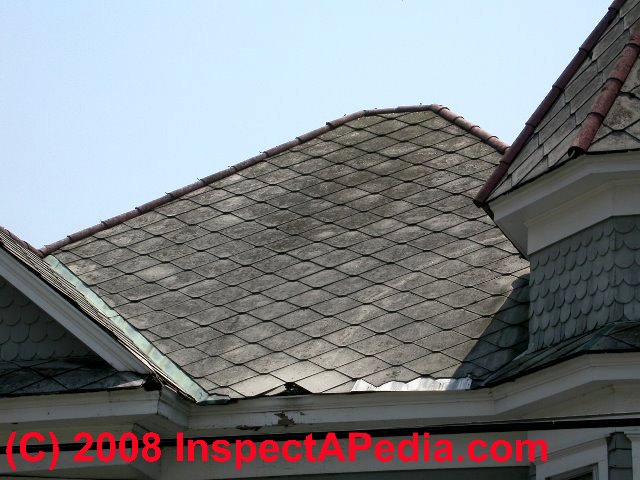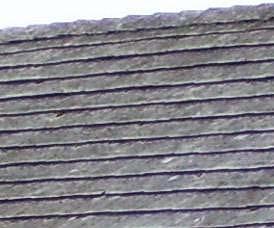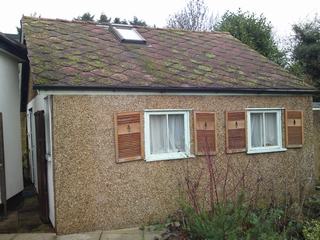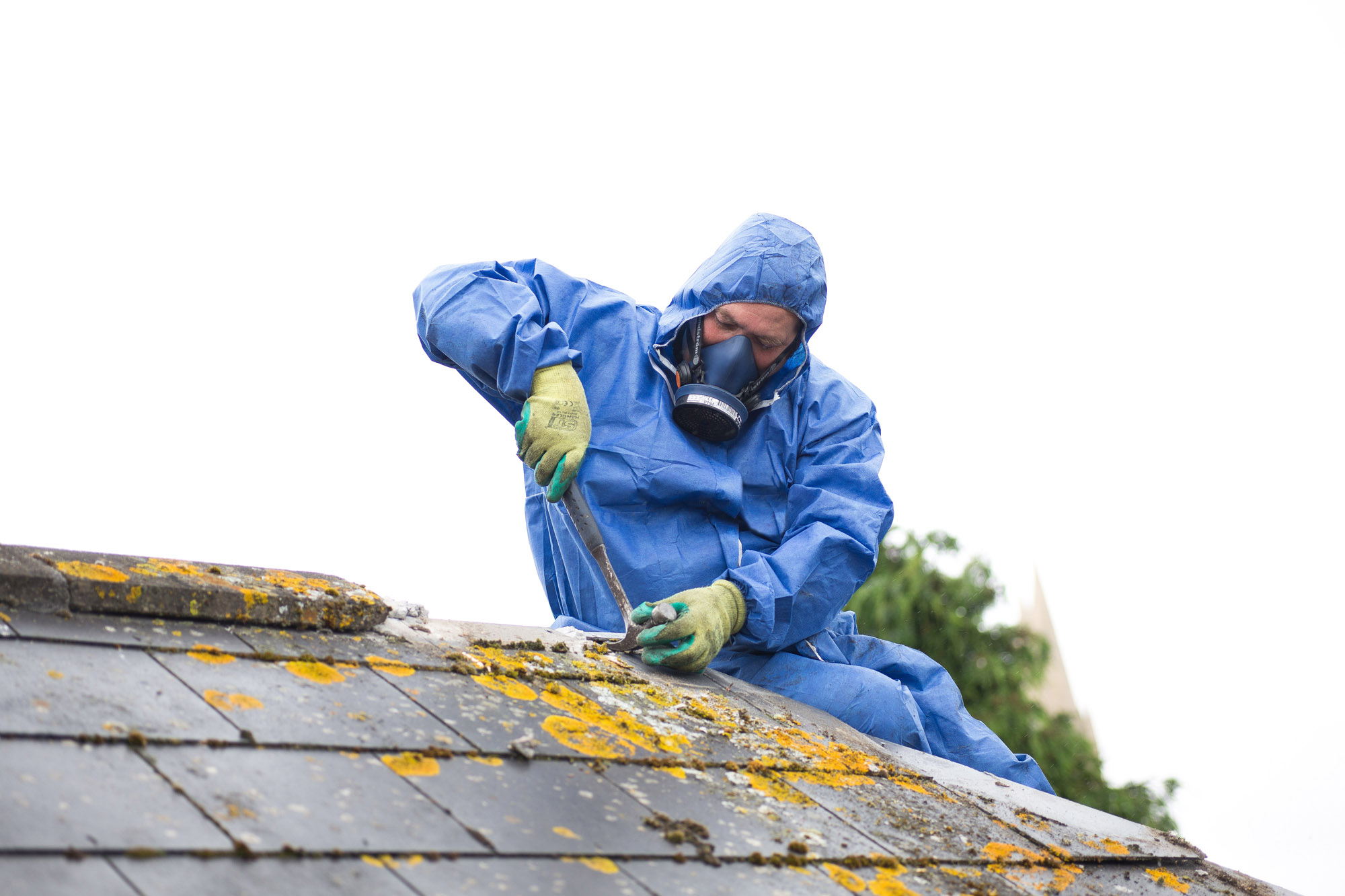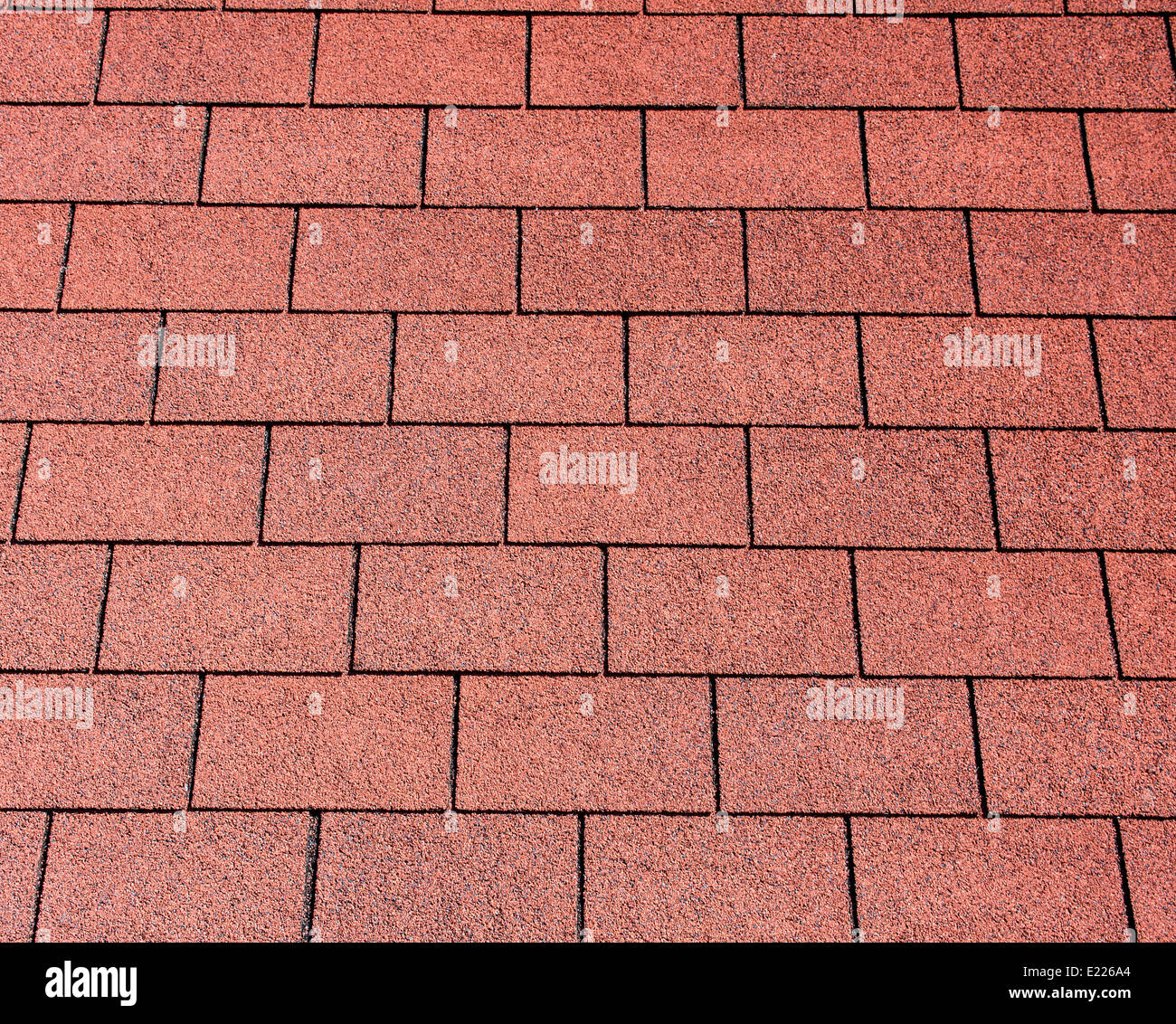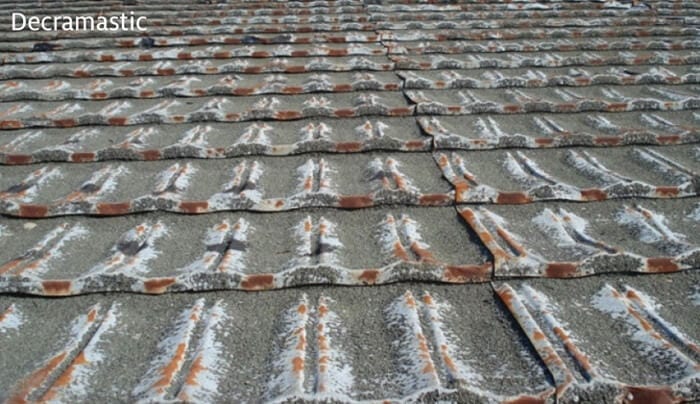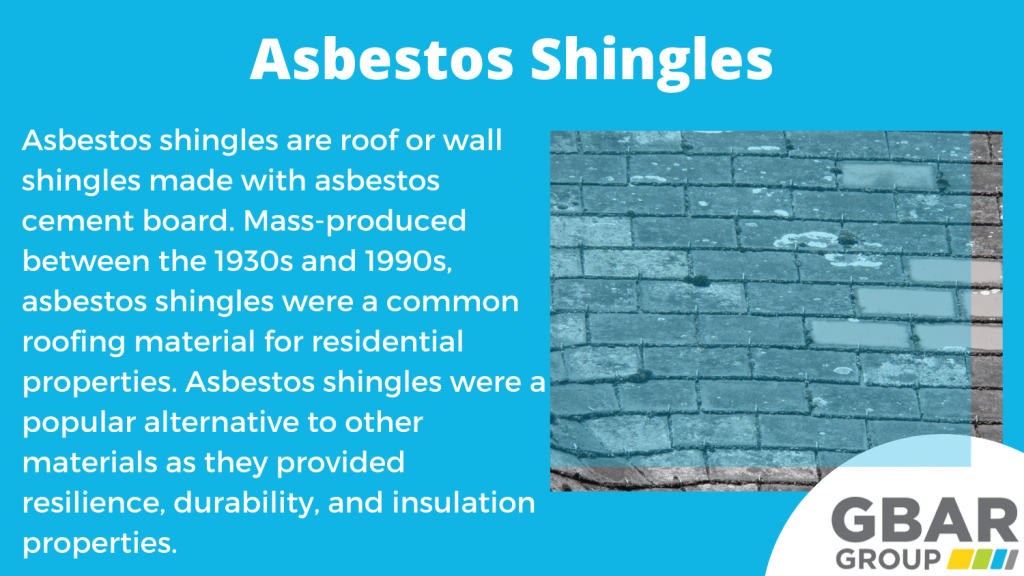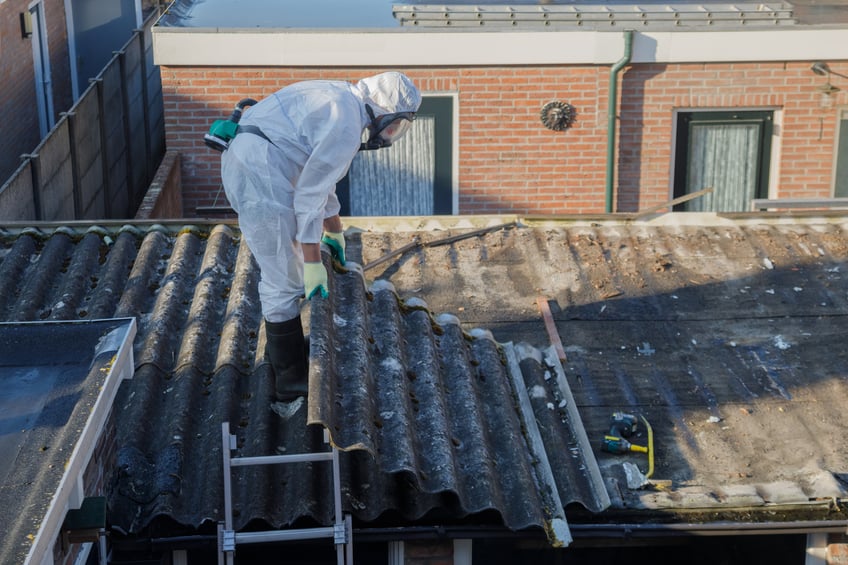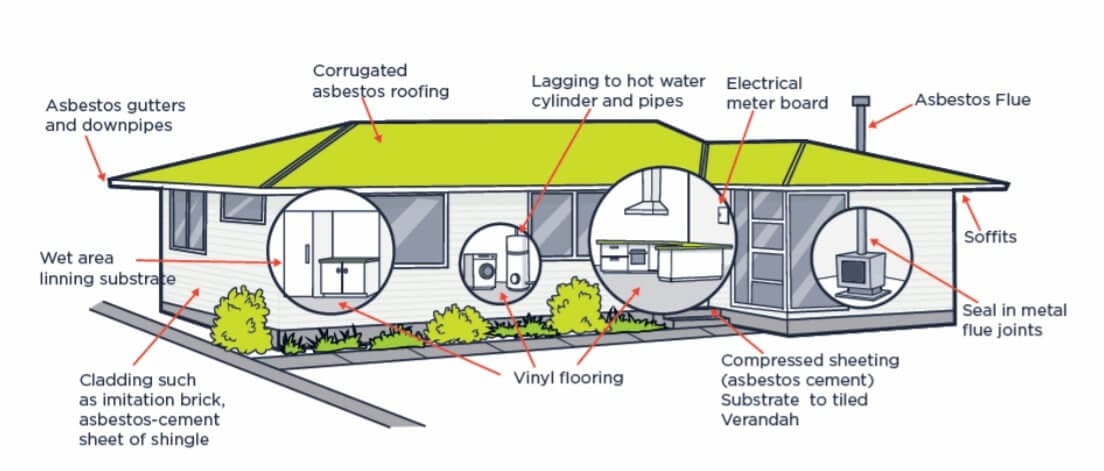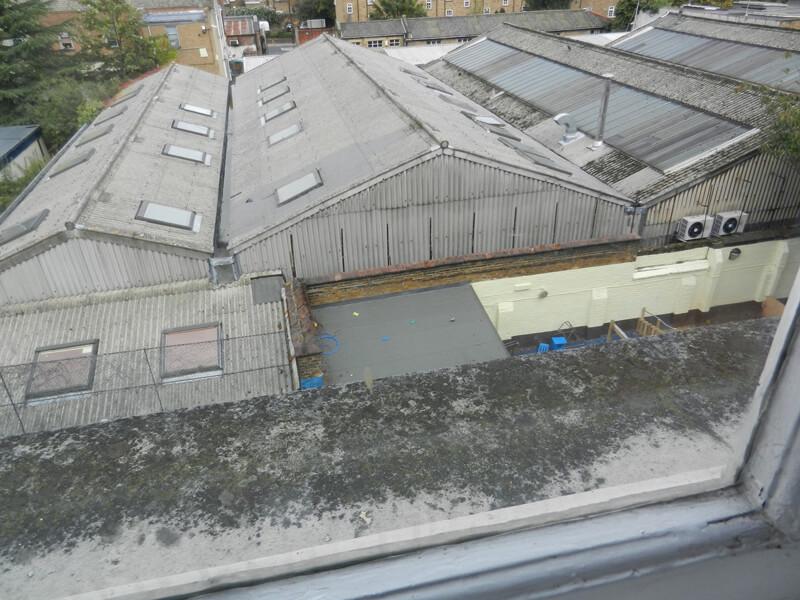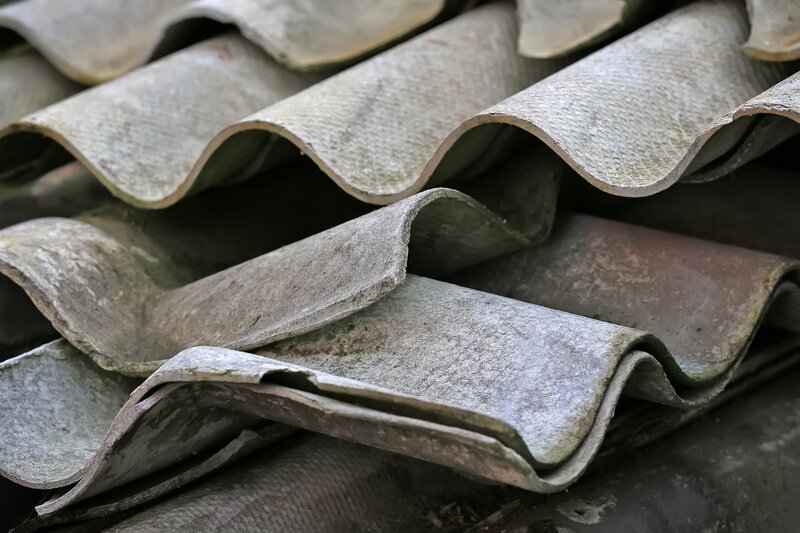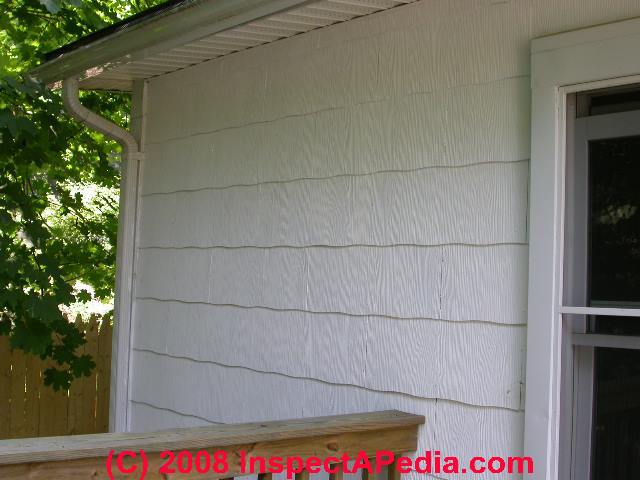In the early 1920s american roofing material manufacturers johns mansville carey eternit and century were all offering at least one asbestos cement roofing shingle to their customers.
1930s asbestos roof tiles.
The use of asbestos cement roof shingles was growing at a steady rate in the united states.
I need to remove and replace the old insulation in the loft.
Maintenance and repair asphalt roofing has a relatively short.
Asbestos roof tiles were used from the early 1920s all the way in to the late 1980s.
Asbestos tile is a type of roofing tile made up of a combination of portland cement and asbestos fibers and various fillers.
Asbestos roof tiles are usually square shaped and their colour is generally a combination of grey and black.
Manufacturing in the united states began in 1905.
Hi 1930s large 180sqm detached house.
The asbestos content will vary on the manufacturer but the content will typically be 15 or less.
This is because until the 1980s asbestos was not fully recognised to be hazardous to the health of anyone exposed to its fibres.
While a tile that contains asbestos will be referenced as an asbestos tile it should be noted that these tiles are not made up of solely asbestos.
Pigments ei ther added to the wet mixtures or rolled into surfaces faded when they were exposed to the elements.
Asbestos roof tiles can be dangerous the main reason why asbestos roof tiles need to be replaced by safer alternatives is that the asbestos fibers used to build the material pose a health hazard when inhaled and when they come into contact with the skin.
By the 1920s large asbestos cement roof shingles were available in a natural gray color as well as red and blue black colors that resembled tile and slate.
Asbestos roofing tiles are predominately comprised of cement.
Asbestos corrugated sheeting in utility room roof.
I think the insulation.
The only way to accurately identify asbestos roof tiles is to have them tested by a ukas accredited laboratory.
Older building have a higher probability of containing asbestos building materials.
This combination was first used in europe in the 1870s.


